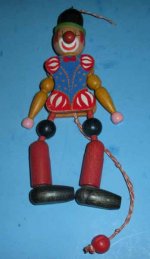AllardChardon
Literotica Guru
- Joined
- Feb 15, 2008
- Posts
- 4,797
Elfin, I think that through usage qui vive has become a noun in the English language, another way of saying challenge. It was originally a French exclamation, but has been bastardized.
quickset - noun chiefly British: plant cuttings set in the ground to grow especially in a hedge row; also: a hedge or thicket esp. of hawthorn grown from quickset
quickset - noun chiefly British: plant cuttings set in the ground to grow especially in a hedge row; also: a hedge or thicket esp. of hawthorn grown from quickset

